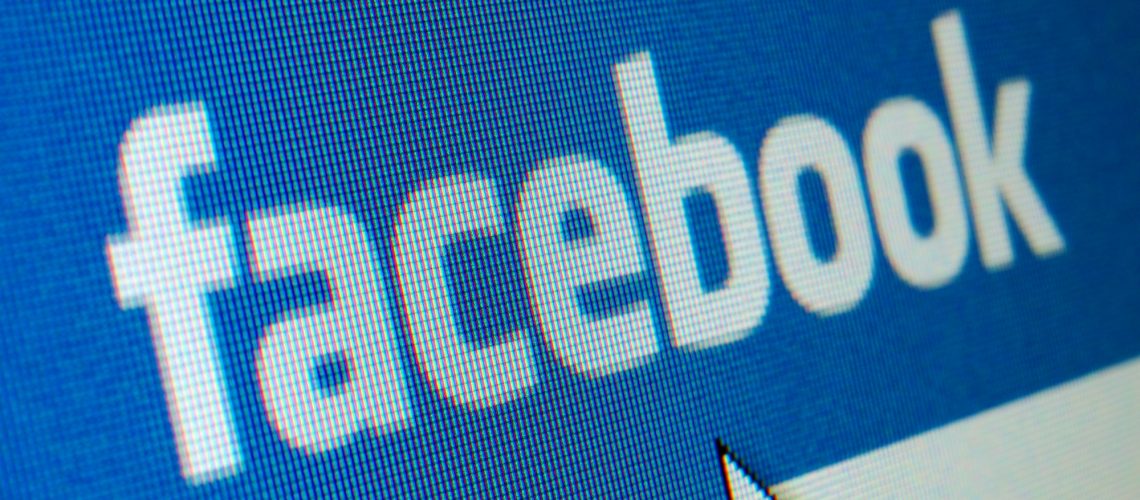Facebook has dismissed a proposition to impart advertising revenue with news organisations, saying there would “not be noteworthy” impacts on its business on the off chance that it quit sharing news through and through.
On Monday, the social media based giant gave its reaction to the Australian Competition and Consumer Commission, which has been entrusted with making an obligatory implicit rules planned for making everything fair.
Josh Frydenberg, the treasurer, advised the ACCC to build up a code after numerous Australian media organizations and regional newspapers cut positions, or collapsed completely, because of publicizing downturn during the Covid-19 pandemic.
Previously Google and Facebook has denied to accept that they are required to pay for using news content.
In its presenting to the watchdog, Facebook said it dismissed a large number of ACCC’s potential thoughts, and told there was a “healthy rivalry” among themselves and news companies.
The internet based giant told that it supported the thought of set of rules between news publishers and digital platforms, yet that itself and Google were being “singled out” unreasonably.
Facebook said it could remove news totally with no significant impact on its business.
In January 2018, the company said, we made changes in our News Feed ranking algorithm to organized content from love ones. These alterations had the impact of lessening audience exposure to open content from all pages, including news.
Despite with decrease in commitment with news content, the previous two years have seen increased incomes, recommending both that news content is profoundly sustainable with other content for our users an that news doesn’t considerably drive long-term value for our business.
If there were no news content accessible on Facebook in Australia, we assure that the impact on Facebook’s community incomes and measurement would not be huge.
Facebook said that news speaks to just an exceptionally little division of content in the normal Facebook users newsfeed, on the grounds that Facebook was principally used to interface with loved ones.
It isn’t sounds nor economical to anticipate that two privately owned companies Google and Facebook, are entirely responsible for supporting a public god and understanding the difficulties faced by Australian media industry, it said.
The code needs to acknowledge that there is considerable competitive rivalry in the relationship between news distributors and digital platforms, in that we vie for advertising revenue.
The company said the income-sharing proposition would drive them to “subsidies a competitor” and “distort publicizing markets, potentially prompting to higher prices.”
In spite of this, the company said it was yet engaged to support Australian news, and had contributed in the industry.
In the last five months, from the month January to May 2020, Facebook said it had sent 2.3bn snaps to Australian news publishers, which they assessed to be worth $195.8m to the news associations.
In spite of cases of instability that ought to hinder the reaching of such agreements, we have been consistently expanding our investments in the Australian news environment, Facebook said. We keep on sloping up our direct financial contributions to the news industry – not to make a benefit – rather as we believe news is a public good and it plays a significant social capacity.
Rather than the ACCC’s proposition of a body that could give money related punishments and restricting contest goals, Facebook proposed the formation of an “Australian Digital News Council” that will intervene complaints from news associations, in view of the Australian Press Council as a model.
The internet based company additionally protested the attention on itself and Google, and disputed the thought that it has inconsistent bargaining power compared with the absolute biggest media companies in Australia.
The choice to limit the initial version of the code to two US organizations is biased and will definitely give an unfair advantage to Facebook’s rivals in the technology industry, including rivals from nations that propagate different and unfortunate dreams for the internet.

